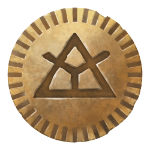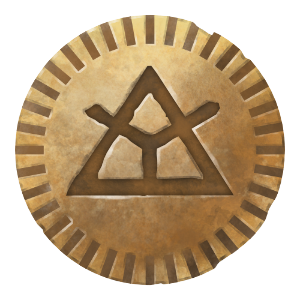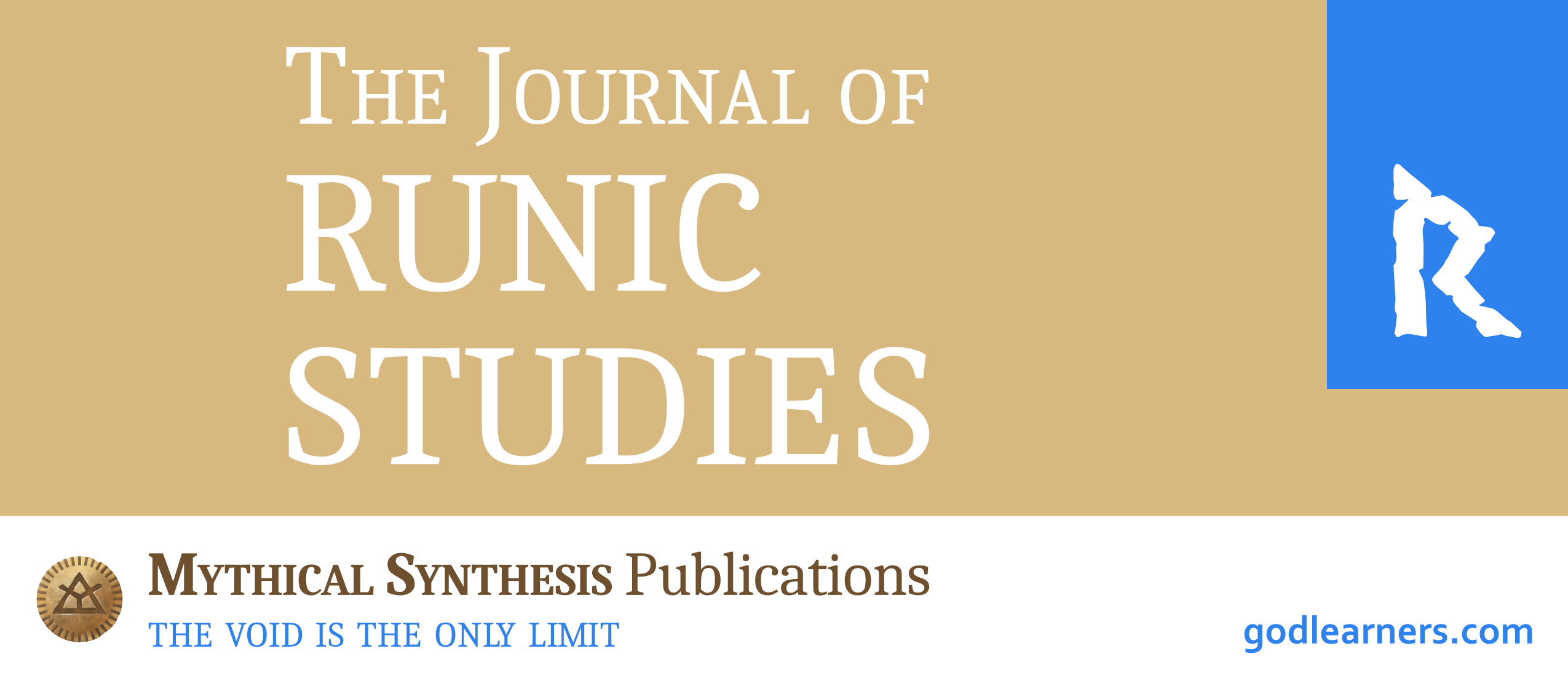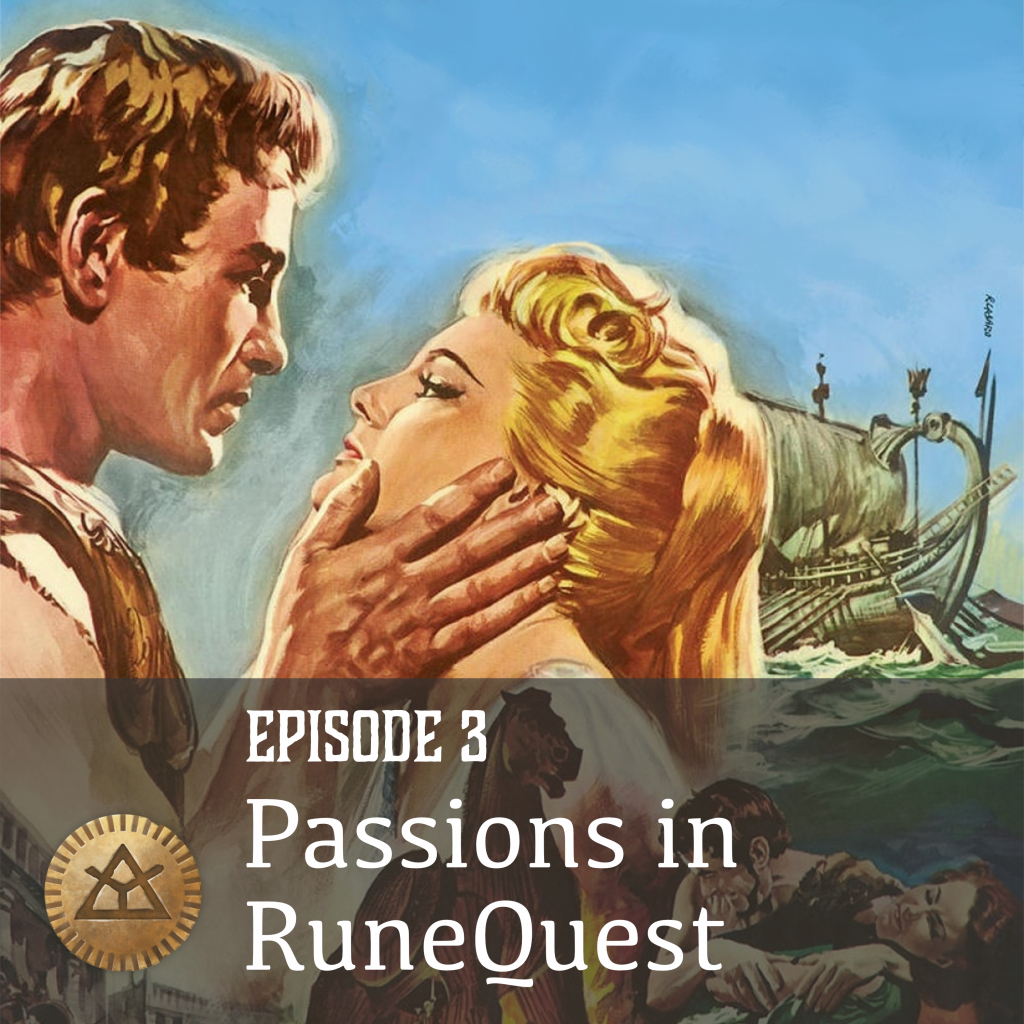
Our guest this (long!) episode is David Scott, who wears a number of Chaosium hats – among others convention presence, rules Q&A, and the web archives.
David talks about his work on the Well of Daliath – a collection of material posted on glorantha.com, slowly reconstructed from backups when stuff didn‘t migrate that well across platforms, and also chronicling current notes on Glorantha.
We hear some tales of woe about material lost to entropy, whether from natural disasters or from migration of the website.
News
Our only item this time (other than a shout-out to our newsletter) is the good bye to Steve Perrin, and the reactions of the community.
The Chaosium blog has links to a series of six blog posts by Steve on designing RuneQuest.
George R.R. Martin’s obituary on how Superworld shaped his career, Steve’s role in the first ever monster manual, and then there is Shannon Appelcline’s overview over Steve’s credits in the industry.
Remember to subscribe to the Journal of Runic Studies for weekly Gloranthan news.
Main Topic
We look into the introduction of personality traits into RuneQuest and other rpgs.
The first published version was 1981 in Griffin Mountain as the NPC record form (which Chaosium also put into the Thieves World box that was released the same year). However, David was able to track this development back even earlier, in (mostly) unpublished notes of Greg, and (other than to ultra-collectors, also unpublishable notes).
We cannot show you the glimpse into the “Unpublished RuneQuest” material David gave us, but we can attest that what we saw were scribbled notes (in more legible hand-writing than mine) without any grand revelations.
David shows us a few glimpses into the evolution of RuneQuest character sheets, and talks about the synergies between John Sapienza‘s character sheets, Steve Perrin‘s grasp of mechanics and Greg Stafford‘s desire to build his world.
A first fusion of skill percentages and numeric values for personality traits and passions:
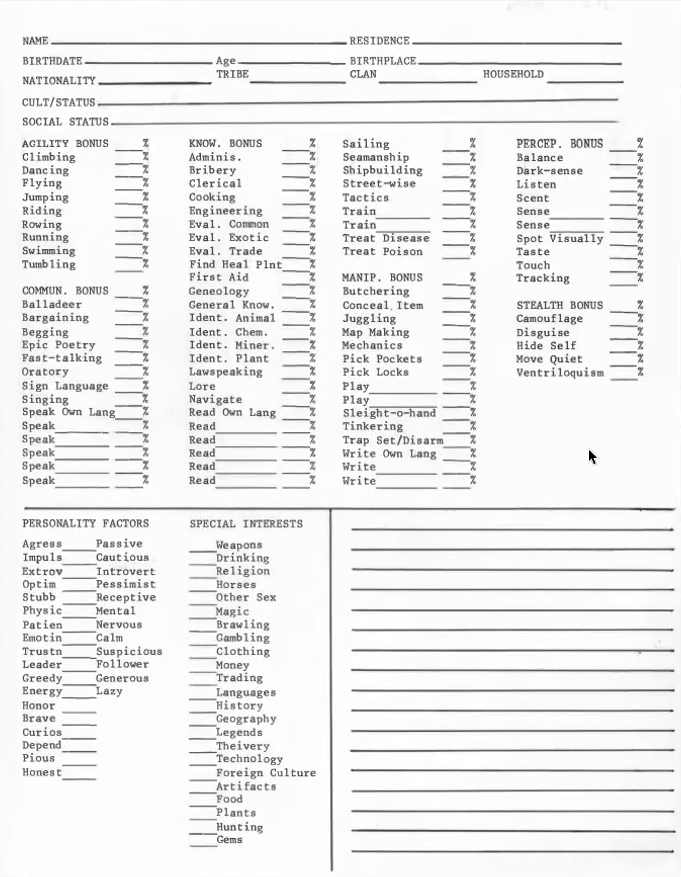
The prototype of the NPC Record Form that made it into publication:
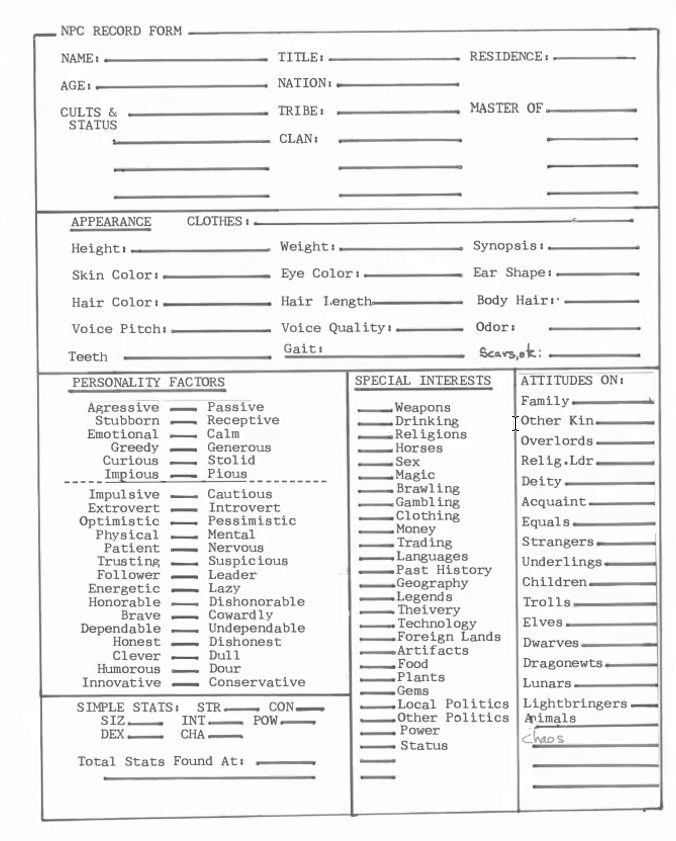
David then gives us an insight into Greg Stafford’s process into bringing these traits and the runes into the game RuneQuest, and Gloranthan gaming in general.
Greg’s concepts of people being hard-wired for mythology and certain types of behavior. One book Greg suggested to David is “Our Kind” by Marvin Harris.
Ultimately, the personality traits became an integral mechanic in Greg’s King Arthur Pendragon. David Larkin shows Greg’s research as annotations in Le Morte D’Arthur in his Pendragon designer’s notes.
The game mechanics for dragonewts (as NPCs) in Wyrm’s Footnote #14 (in 1982) were another step in the process of getting game mechanics out of this.
The quest for HeroQuests as a game mechanic led to Greg working on the Epic System – or Glorantha the Game – even during the years of the Avalon Hill publication of RuneQuest.
“The maddest character sheet anybody has ever seen for Glorantha” from the development process for Glorantha the Game:
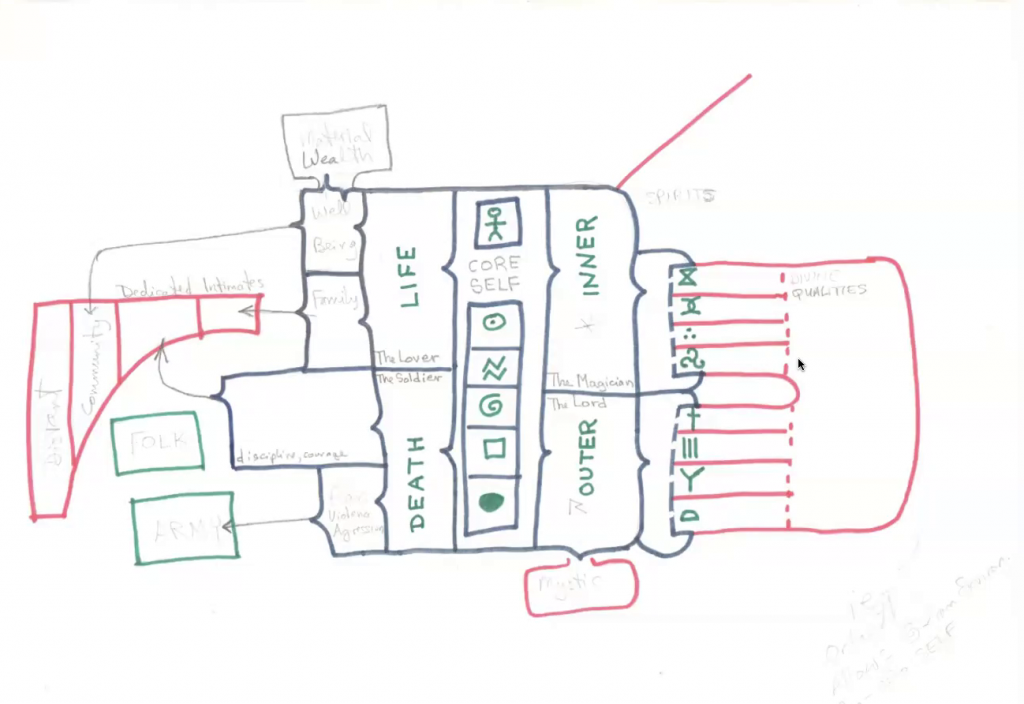
The more coherent and elaborate pieces of this process made their way into the “Arcane Lore” volume of the Stafford Library, which still is a collection of almost random notes and concepts.
Robin Laws’ concept for Hero Wars (later HeroQuest, nowadays Questworlds) then was a game where basically all abilities were traits.
Personality traits in gaming praxis
We address the reluctance of players to let personality traits dictate their roleplaying of the characters. David talks about three types of gamers’ reactions to this mechanism – newcomers, curious old hands, and set-in-their-ways grognards.
We touch on conflicting passions (rather than just opposed traits), like “Loyalty (Leader)” and “Hate (Leader)”, and the roleplaying potential in that, and how not to roll this gives the players the freedom to steer their characters.
The example characters of Vasana (the leader who has “Hate Lunar Empire”) and Vostor (an AWOL Lunar soldier disillusioned with the Lunar army looking out to join Vasana’s band) are used in David’s demo games to illustrate how these things play out.
We touch upon how Hate Lunar Empire is different from hating individual Lunars, and how the Storm Bull’s Hate Chaos does not make every Lunar in sight a target for their berserking.
We also talk about the situation of Lunar converts in Sartar after 1625.
Augmenting with traits and passions
“Can I use my Mobility Rune to fly?” and credibility checks.
Use of “Loyalty (Leader)” to get things from a leader, and other uses, and use of automatic success in roleplaying situation.
What to do as a GM when a necessary success doesn’t show up. How to deal with failure.
Opposed rolls with the same degree of successes (plugging this little treatise).
Using the moon rune to augment spirit magic casting.
High scores in passions or traits – GM calls
Allowing players to reduce such high traits
Traits derailing the game.
Traits are not meant to be played as mental illness.
Runes and passions in heroquesting.
Casting massive amounts of rune points manifesting the deities.
Acquiring new passions in-game
Taking loyalty to the leader, or to another patron the character might want something from.
David gives a great example about a Lhankor Mhy initiate from his campaign who took loyalty not to the Colymar tribe, but to the Colymar lawspeaker Hastur, and how he would go about shifting loyalties from one temple to another.
And with that, Joerg reminded Ludovic of bedtime, and we postponed questioning David for a later podcast.
Podcast: Play in new window | Download (53.7MB)
Subscribe: Apple Podcasts | Spotify | RSS | More
